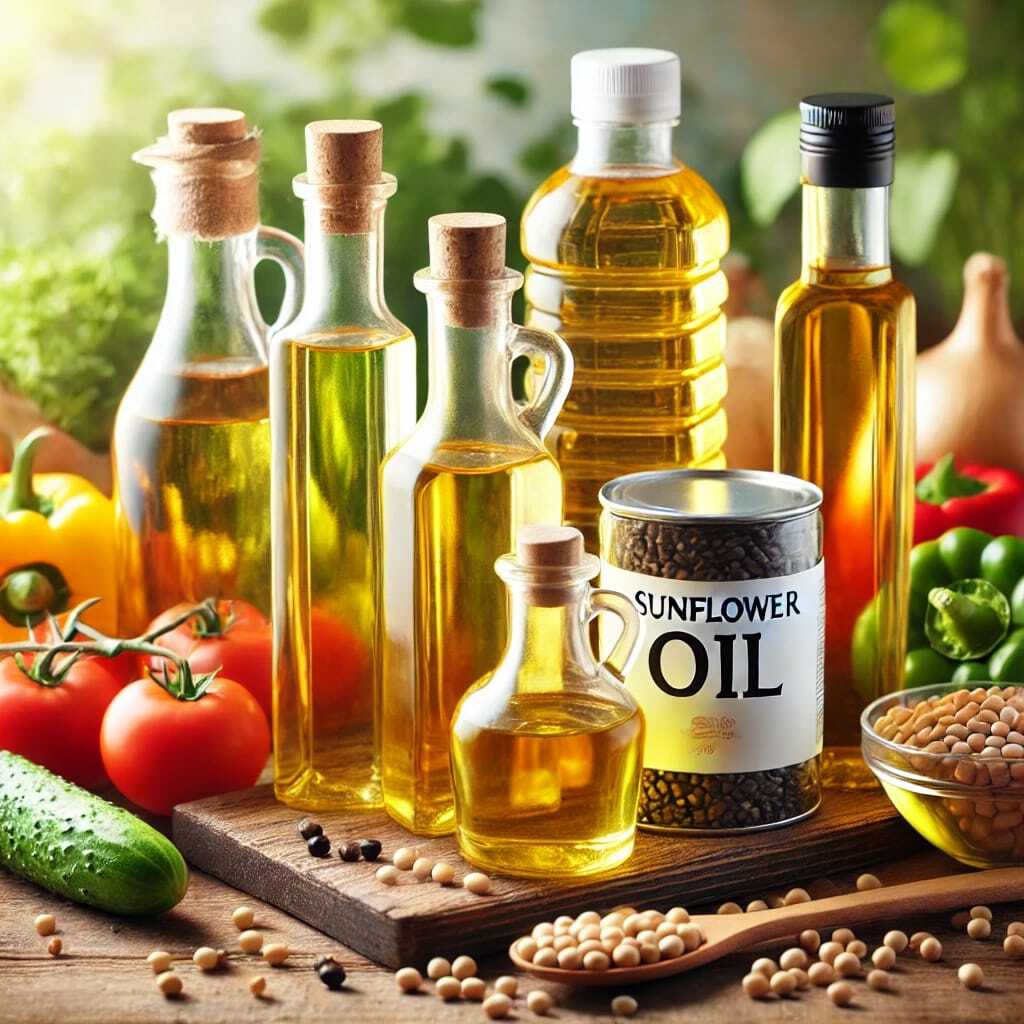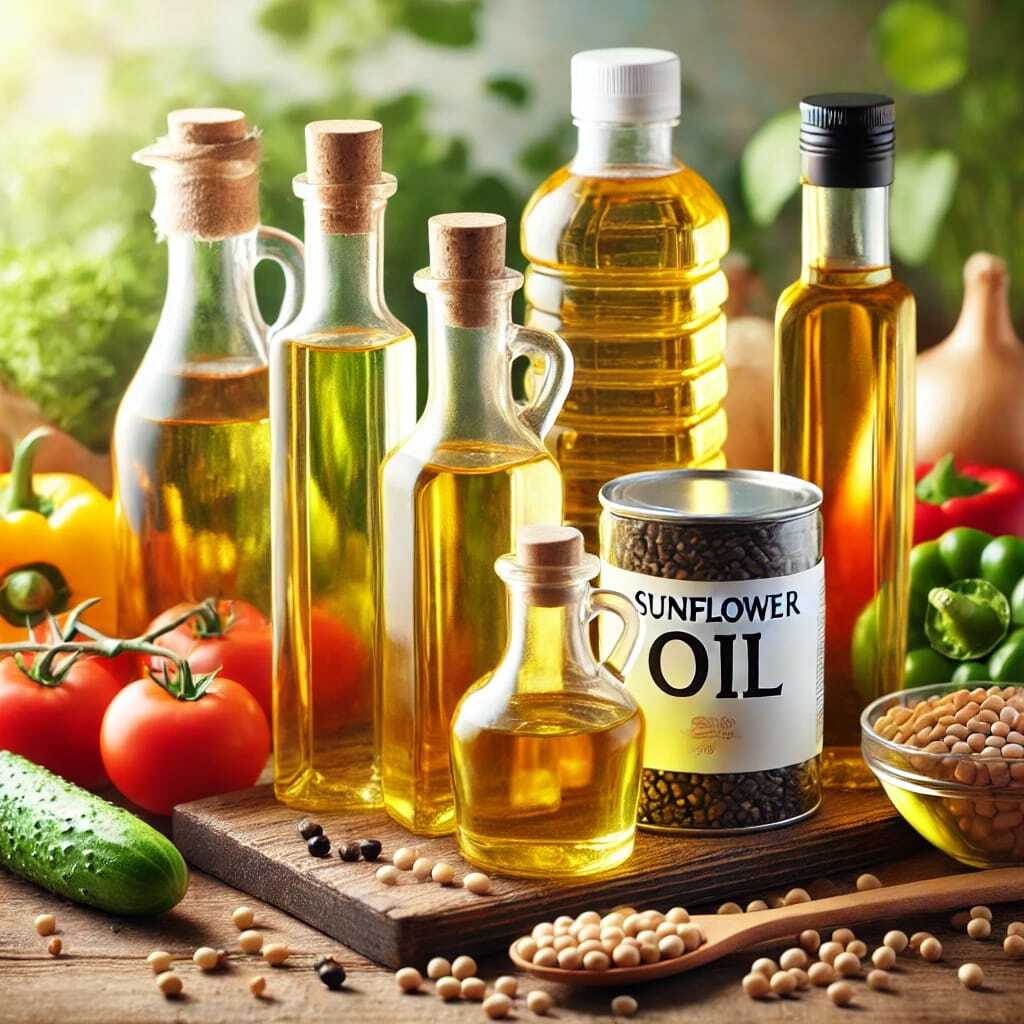
As of March 23, 2025, key developments in India's agricultural sector include disputes over soybean production affecting edible oil prices and the government's extension of urea import permissions for Indian Potash Ltd (IPL) until March 2026.
Soybean Production Disputes and Edible Oil Prices
Indian farmers have expressed dissatisfaction with the government's handling of soybean production, leading to potential increases in edible oil prices. In September 2024, the government raised the basic import tax on crude and refined edible oils by 20 percentage points to support domestic farmers facing low oilseed prices. This move increased the total import duty on crude palm oil, soyoil, and sunflower oil to 27.5%, and refined versions to 35.75%. The tax hike aimed to elevate domestic edible oil prices, reduce demand, and lower imports. Despite these measures, domestic soybean prices remained below the state-fixed minimum support price, prompting further government interventions.
In February 2025, reports indicated that India was considering additional increases in import taxes on vegetable oils to further support struggling oilseed farmers. This potential tax hike aimed to raise local vegetable oil and oilseed prices but risked reducing demand and imports of palm oil, soyoil, and sunflower oil. The government's efforts to balance consumer interests with farmer welfare continue to influence the edible oil market dynamics.
Extension of Urea Import Permissions for Indian Potash Ltd
The Directorate General of Foreign Trade announced on March 18, 2025, that India has extended the authorization for urea imports through Indian Potash Ltd (IPL) until March 31, 2026. This extension allows IPL, a government-supported entity dealing in essential fertilizers, to continue importing urea alongside government-owned enterprises like Rashtriya Chemicals and Fertilizers (RCF) and National Fertilizers Limited (NFL). The move aims to ensure stable prices and adequate availability of critical imports like urea, essential for the agricultural sector.
During the April–December period of FY25, India imported urea worth $1.8 billion, with Oman and Russia being the leading suppliers. The extension of IPL's import authorization reflects the government's commitment to maintaining a steady supply of fertilizers to support agricultural productivity.
These developments underscore the ongoing challenges and policy responses in India's agricultural sector, particularly concerning oilseed production and fertilizer supply.



